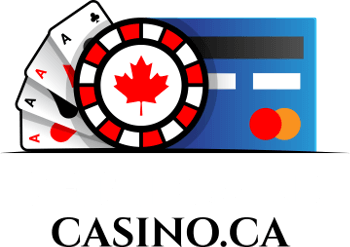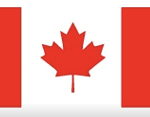Big Bluffs: Making Good w/o the Goods
No one wins without bluffing in poker. Master the art, or you might as well be playing blackjack.
Having quite a bit of experience with both gambling genres, I would have to say that the most significant difference between traditional casino games and poker is not whether you’re competing against the house or other players, as most will tell you. It’s that the strength of your holdings is not the deciding factor in poker. It’s the strength you exude. The strength you are able to convince others you have in your hand.
If I draw a 16 in blackjack and choose to stand, the only way I’m going to win is if the dealer busts. I can’t look him square in the eye, waving my hand over the cards with a cool smile in hopes he’ll fold with an 8 showing. But in poker, I can take the worst possible hand of 2-7 off-suit and check-raise it like I’m holding the nuts.
It doesn’t matter what I really have. All that matters is what my opponent thinks I have. So long as he believes I’ve got him beat, he’s going to fold. And if he folds, I win, no matter what the cards look like.
The Art of the Big Bluff
Bluffing is one of the most recognized strategies in poker. Everyone loves doing it (successfully), and no one wants to fall victim to it. It can be extremely lucrative, or can cost you everything. The trick is knowing when to do it, and when not to.
Bluffing is not an exact science. There is no specific way to guarantee it will work, nor is there any way to detonate, destroying your chances of success. You could outright tell the table you’re bluffing, and they might think it’s a trap and fold. Or, you could do everything by the so-called book, only to get called to a showdown.
No, I can’t tell you “this” will work and “that” won’t work. But there are subtle nuances and maneuvers of high probability that go with a good bluffing strategy. Obviously, you don’t want to do it too often. Once caught and labeled a bluffer, your game is ruined. More than anything, you need to calculate your timing.
-
Pre-Flop Bluffing: It’s much easier to pull off a successful bluff in the early stages then on later streets. Pre-flop, hand ranges are wide open, and your opponents are not yet committed to the pot. Suited connectors, for example, have a lot more value before any community cards come down. After the flop, if you miss completely, you have no equity left, while your opponent may have gained equity, making him harder to bluff scare off the pot.
-
Post-Flop Bluffing: I just warned against this, but assuming you want to try it anyway, there are some ground rules to consider. Look very closely at the flop, and what it could mean for you, as well as your opponent.
Let’s say it falls with K♥ Q♣ 6♦. If you hit a straight draw, or flush draw, you can semi-bluff this with decent equity. If you miss, consider whether your opponent is looking at these draws. If you’re going to bluff here, you have to make it strong enough to force the fold. Bet enough that your opponent’s pot odds are no greater than 2:1, and unless he’s got something spectacular, he should give it up.
On the other side of that coin, a flop of K♣ 7♥ 2♠ is pretty ugly. None of these cards connect, meaning none of your cards, or your opponent’s cards, can possibly create a 4-card draw. If you’re going to bluff this one, take into account that you have less odds of making a hand. Because of this, it can be an easy steal, but you better end it quickly. You do not want to chance this going to a river.
You Can’t Consistently Win Poker Without Bluffing
Bluffing isn’t just something people do to make poker more fun. It’s a critical strategy that every good player must master. It’s almost impossible to be a winning poker player without incorporating the occasional bluff. Think about it…
If every player at the table has the same skills—the same talent for mathematics, the same psychological game, the same ability to read opponents—then no one would have an advantage. Without bluffing, no one wins. Luck of the draw would determine short-term profits, but in the end, all players would be equal, and none would make money.
It is the player who masters the art of the bluff that will have a positive ROI. If you cannot bluff, you can only beat players less skilled than yourself. Master the ability to make good without the goods, and you can beat anyone, no matter how skilled they really are.
Party Poker Canada, the most trusted Canadian gaming destination, and our editor’s pick for two years, now offers a wide variety of popular card games: from Texas Hold’em, to Omaha, to 7 card stud, to Limit Hold’em and even casino games like blackjack. Play for fun, for free, or play for real, for real money that is ! Our editorial pick for 2023.

www.PartyPoker.com
 (Reminder to Gamble Responsibly)
(Reminder to Gamble Responsibly)




